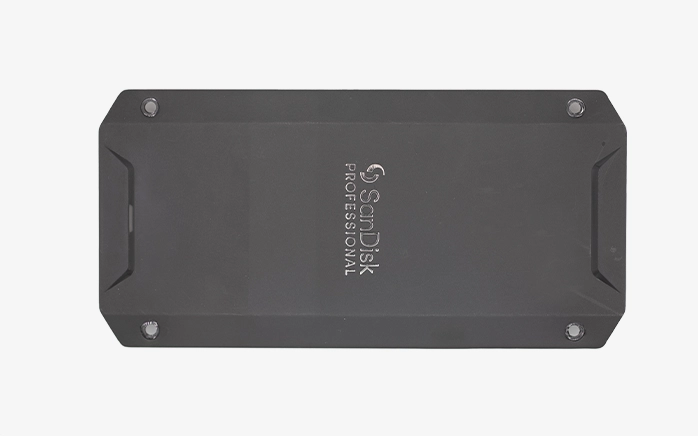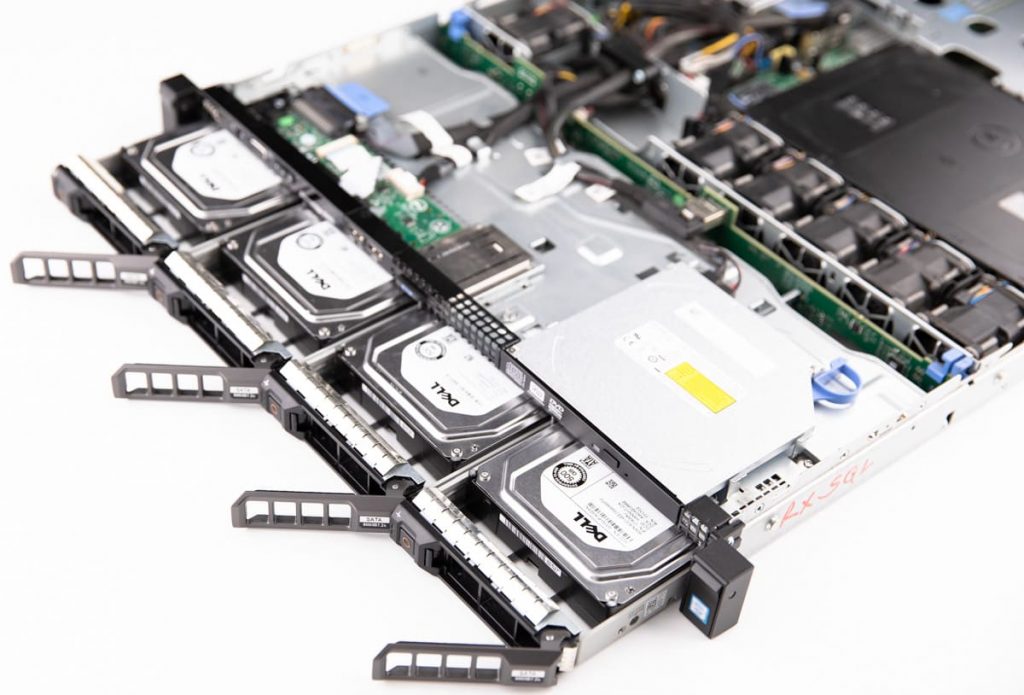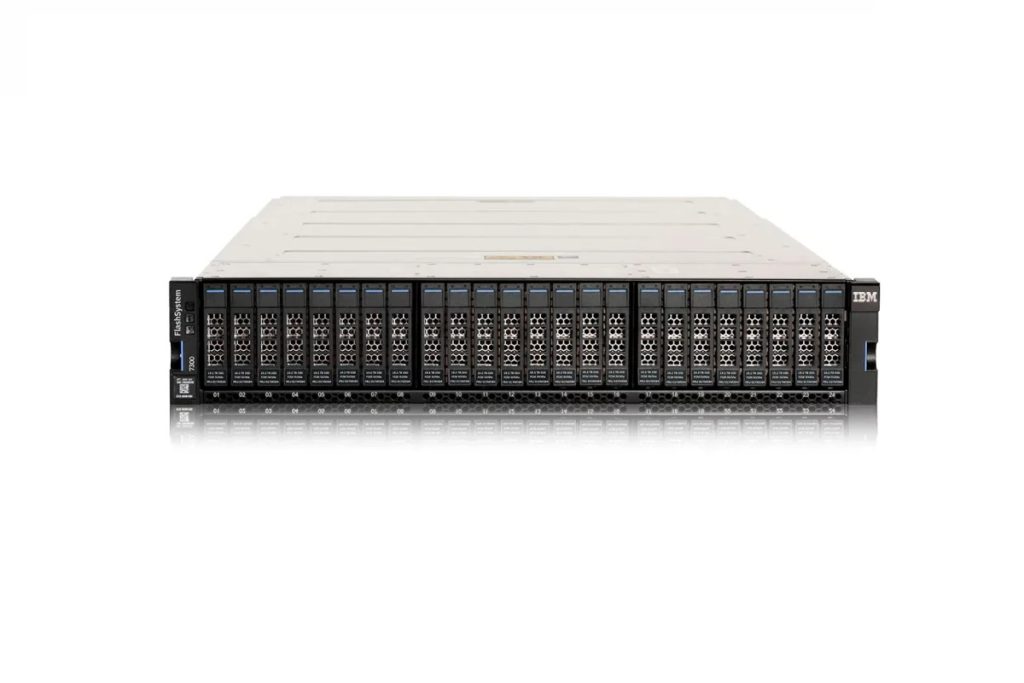Recently, our team faced a challenging case involving a psychologist who experienced severe data loss due to a malware attack on her LaCie Rugged SSD Pro 4TB. This device contained vital medical records essential for diagnosing patients and analyzing their health conditions. Recognizing the urgency and sensitivity of the situation, we promptly initiated a recovery process to save her valuable data. In this blog, we will outline the steps taken to recover critical medical data and how our team successfully addressed the SSD failure.
Background of the LaCie Rugged SSD
Our client, based in Ontario, California, utilized the LaCie 4TB Rugged SSD Pro with Thunderbolt 3 connectivity to securely store essential medical records. However, she began experiencing slow performance issues with the SSD. Files and folders became increasingly difficult to access, leading to frustration.
Despite her attempts to troubleshoot using various maintenance tools, the issues persisted. In search of a solution, she found our blog, which offered insights into similar challenges and highlighted our data recovery services.
Initial Assessment and Evaluation
Upon contacting our lab for assistance, our team provided detailed instructions on securely packaging and shipping the SSD for evaluation. The device was swiftly dispatched and arrived at our facility.
Comprehensive Evaluation of the SSD
Once received, our experts conducted a thorough evaluation of the LaCie Rugged SSD to identify the root cause of the performance issues and assess data recoverability. The initial inspection revealed no visible physical damage, but we observed that the SSD was exhibiting slower performance and overheating in specific areas during operation.
Diagnosis of the SSD Failure
Through detailed analysis, we concluded that the slow performance and overheating were due to a severe malware infection. This malware had corrupted critical system files, rendering the medical records stored on the SSD inaccessible.
After assessing the situation, our team prepared a detailed quote for the data retrieval service, which the client promptly approved, allowing us to move forward with the recovery process.
Recovery of Critical Medical Records
With a clear understanding of the failure’s cause, our recovery team began implementing a plan to restore the client’s valuable medical records. We used specialized tools and techniques to bypass the damaged firmware and access the corrupted system files.
Advanced Data Recovery Techniques
The primary challenge was restoring access to the corrupted files and folders once the malware was eliminated. Our experts employed advanced tools designed for complex data loss scenarios, specifically those involving corrupted firmware and files.
These cutting-edge tools meticulously scanned the SSD, identifying recoverable files and reconstructing the damaged file structures. Through this careful approach, we successfully regained access to the critical medical records, ensuring they were intact and free from any malware remnants.
Remote Verification of Recovered Data
Following the successful recovery, we organized a remote file verification session with the client. This allowed her to securely review the recovered files from her location, confirming their completeness and integrity. During this session, the psychologist carefully verified each medical record and expressed profound relief that all crucial data had been restored.
Conclusion
Our team’s swift action, accurate diagnosis, and meticulous recovery process ensured the successful retrieval of vital medical records for our client. By utilizing advanced tools and techniques, we effectively removed the malware and restored access to the corrupted files.
We hope this blog provides valuable insights for anyone facing similar challenges with their storage devices. It emphasizes the importance of timely action and professional assistance in critical data loss situations. If you encounter any data loss issues, don’t hesitate to contact us for fast, secure, and reliable data recovery services.


